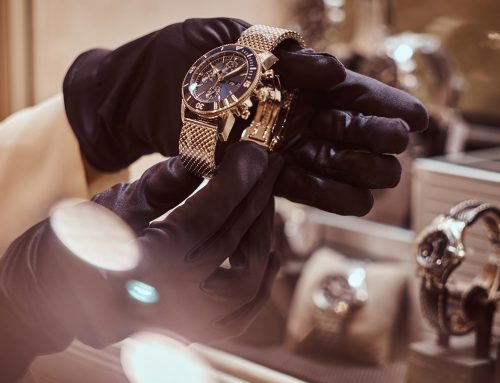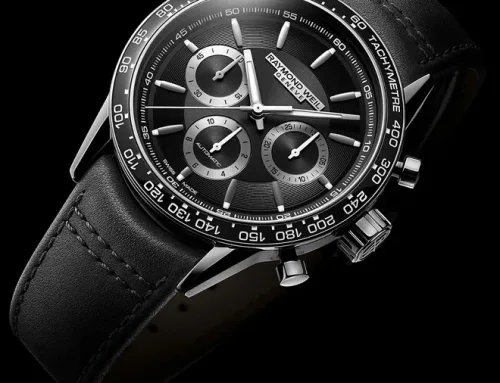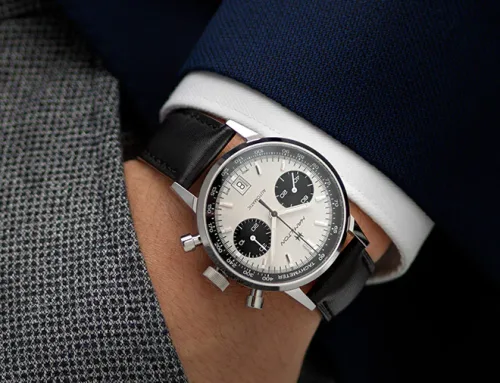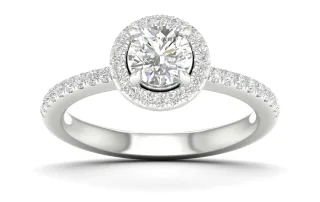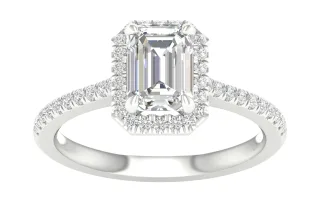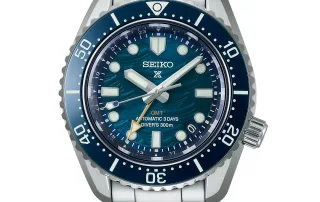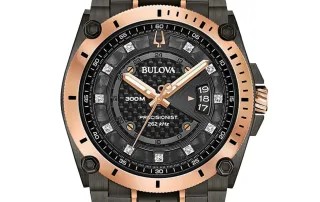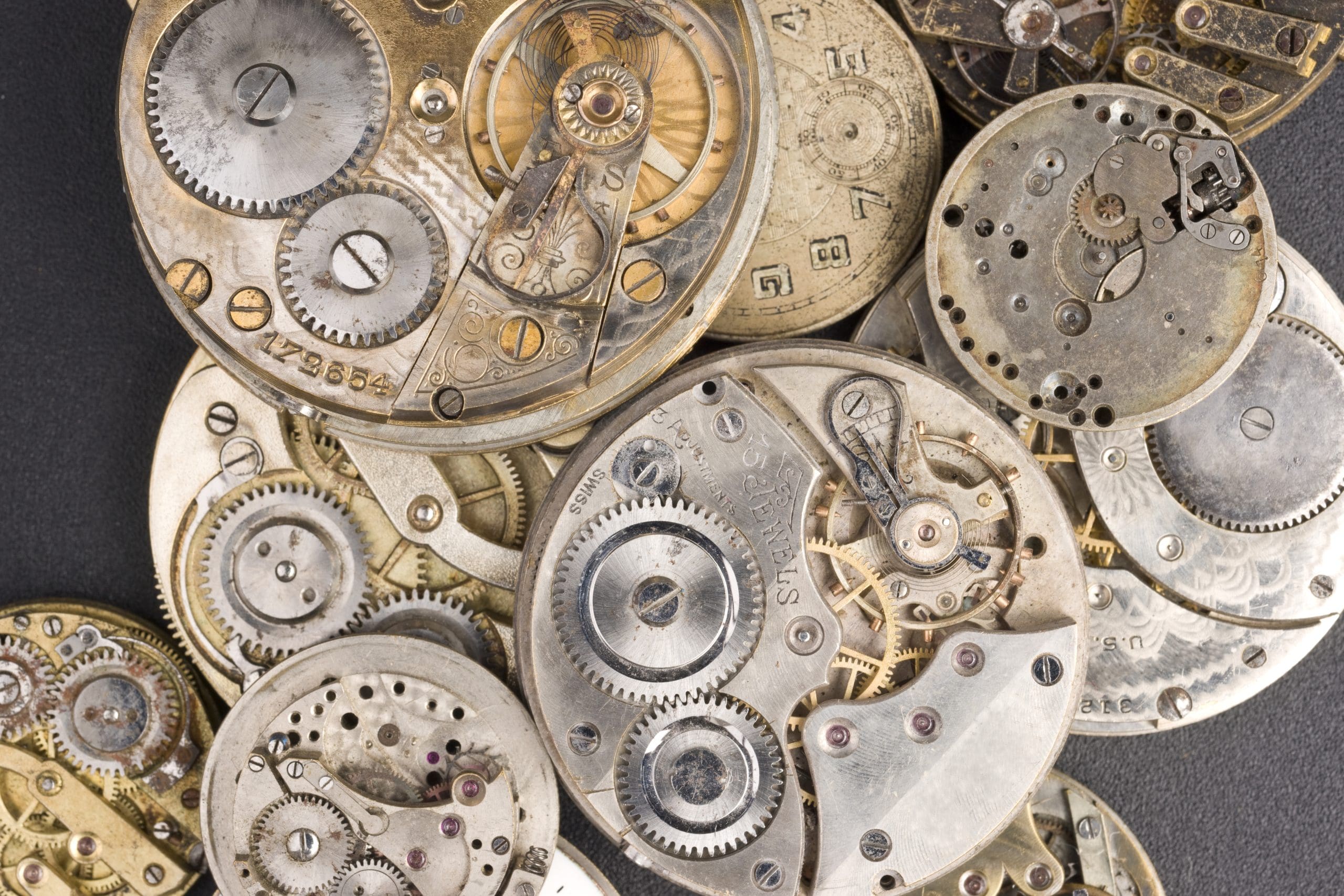
The invention of watches marks a significant milestone in human history, signifying our enduring quest to measure and manage time. This exploration delves into the fascinating journey of watchmaking, tracing its origins and evolution over centuries. Understanding when and how watches were invented not only offers insight into a pivotal technological advancement but also into a craft that has intricately woven itself into the fabric of human culture.
The Earliest Beginnings
The history of watches begins long before the advent of modern timekeeping devices. The ancient civilizations of Egypt, Greece, and Rome developed various methods to track time, including sundials and water clocks. However, these were stationary and dependent on environmental conditions, prompting the need for more portable and reliable methods.
The Emergence of Portable Timekeeping
The 15th century marked the beginning of portable timekeeping devices. In Europe, particularly in Germany and Italy, craftsmen began experimenting with clockmaking, leading to the creation of the first portable clocks. These early models were cumbersome and worn around the neck or carried in the pocket, far from the sleek wristwatches we know today.

The Evolution to Wristwatches
The transition from pocket watches to wristwatches occurred in the 17th century. Initially, wristwatches were considered a feminine accessory, with the first wristwatches created for women. It wasn’t until the 19th century, during the First World War, that wristwatches gained popularity among men. Soldiers needed a practical way to tell time without hindering their movements, leading to the widespread use of wristwatches.
The Technological Advancements
Throughout the 18th and 19th centuries, significant technological advancements were made in watchmaking. The introduction of the mainspring, balance wheel, and the minute hand were crucial developments that enhanced accuracy and functionality. The 20th century saw further innovations, including the creation of the quartz watch in the 1960s, which used quartz crystal to keep time, and the digital watch in the 1970s.
The Role of Watchmaking in Culture and Fashion
Watches have transcended their primary function of timekeeping to become symbols of culture, fashion, and status. Luxury watch brands like Rolex, Omega, and Patek Philippe have become synonymous with precision, craftsmanship, and elegance. Watches are often cherished as heirlooms, passed down through generations, encapsulating stories and memories.
Conclusion
In conclusion, the invention of watches represents a remarkable journey from rudimentary timekeeping to sophisticated craftsmanship. From the early portable clocks to the elegant wristwatches of today, the evolution of watches is a testament to human ingenuity and our relentless pursuit of precision and style. Watches do more than just tell time; they are a reflection of history, innovation, and personal expression.
This blog post, encompassing the rich history and evolution of watches, offers an insightful narrative for anyone curious about the origins of this timeless instrument and its impact on both technology and culture.
For additional news and content, visit our Facebook page.
Latest Posts
From Office to Evening: Transition Your Jewelry from Workday to Night Out
In a fast-paced city like Laval, where days at the [...]
Laval Love Stories: 5 Best Proposal Spots (and the Perfect Rings to Match)
When it comes to unforgettable love stories, it’s all about [...]
Lab-Grown vs. Natural Diamonds: What You Need to Know
If you're shopping for a diamond in Laval, you may [...]
The Seiko SPB511J1: A Dive Watch That Honors 60 Years of History
Seiko has been a big name in the world of [...]
Bulova: Style, Precision, and History in Every Timepiece
Looking for a watch that’s elegant, reliable, and rich in [...]
G-SHOCK Watches: Built Tough, Made to Impress
G-SHOCK watches by Casio are known around the world for [...]


